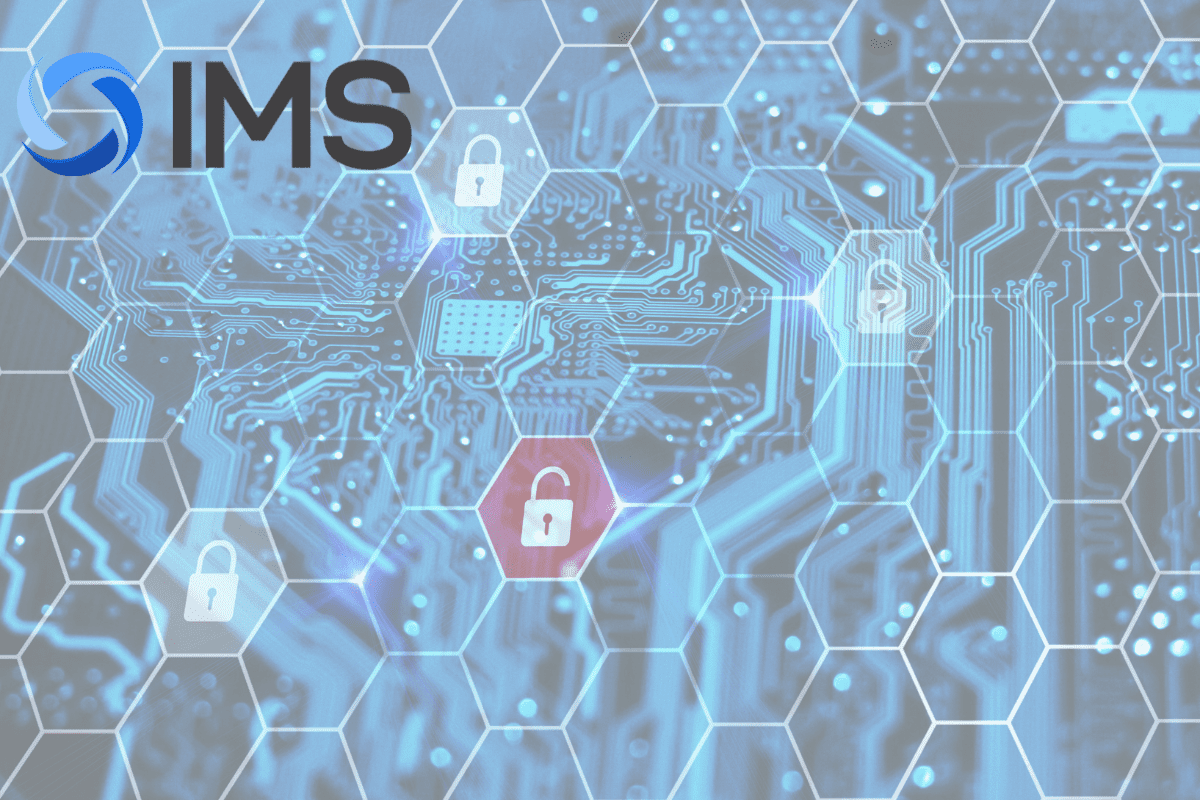The Importance of Least Privilege in IT Security
Safeguarding sensitive data and protecting critical systems are paramount. One crucial practice that organizations must adopt is the principle of least privilege. By granting users only the minimum access necessary for their tasks, this approach minimizes the attack surface, reduces human error, and mitigates the impact of potential breaches.
Reducing Attack Surface
Least privilege significantly reduces the attack surface for potential threats. By limiting user privileges to the bare minimum required for their roles, the exposure to malicious activities is diminished. Attackers’ ability to escalate privileges and gain access to more data and systems is severely diminished, limiting the scope and impact of breaches. A smaller attack surface means fewer opportunities for hackers to exploit vulnerabilities and gain unauthorized access to critical assets.
Minimizing Human Error
Even well-intentioned employees can unintentionally cause security incidents. Adhering to the principle of least privilege minimizes the potential damage resulting from human error. By granting users only the necessary permissions, accidental or unauthorized changes to sensitive data or critical systems are restricted. This approach ensures effective task performance while mitigating the risk of unintentional actions that could compromise security.
Containing Breaches and Limiting Lateral Movement
In the event of a breach, least privilege aids in containing the impact. By restricting user access, organizations limit an attacker’s ability to move laterally within the network, accessing additional resources or escalating privileges. This containment prevents breaches from spreading and minimizes the extent of damage. It also allows for the isolation of compromised accounts, facilitating prompt response and mitigation.
Compliance and Regulatory Requirements
Least privilege aligns with stringent compliance and regulatory requirements concerning data protection and privacy. Access controls implemented through least privilege ensure adherence to standards such as the Payment Card Industry Data Security Standard (PCI DSS) and the General Data Protection Regulation (GDPR). Restricting access to sensitive data becomes fundamental for meeting these obligations.
Balancing Productivity and Security
Implementing least privilege requires balancing productivity and security. With careful planning and regular access reviews, organizations can strike this balance effectively. Privilege elevation, granting temporary access for specific tasks, allows users to carry out responsibilities efficiently while maintaining a strong security posture.
As cyber threats continue to grow, organizations must adopt proactive security measures. Implementing the principle of least privilege is crucial. By reducing the attack surface, minimizing human error, containing breaches, and adhering to compliance requirements, organizations can bolster their security defenses. Implementing least privilege is an important early step in cybersecurity adoption, safeguarding critical systems and sensitive data from unauthorized access.
Cross IT off your worry list. IMS makes sure your technology works, so you can focus on your business. Let’s talk.
800.428.7280
